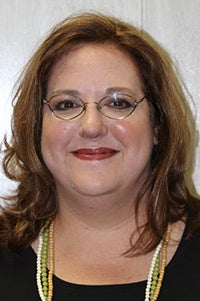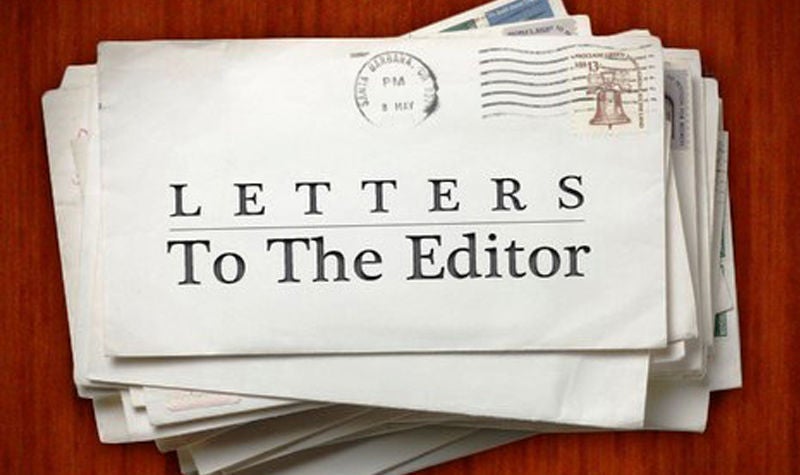OP-ED: From the editor: Taking a look at Proposition 3 (SJR 27)
Published 7:04 am Wednesday, August 11, 2021

- From the Editor
|
Getting your Trinity Audio player ready...
|
“The constitutional amendment to prohibit this state or a political subdivision of this state from prohibiting or limiting religious services of religious organizations.”
A “yes” vote supports amending the state constitution to prohibit the state or any political subdivision from enacting a law, rule, order, or proclamation that limits religious services or organizations.
A “no” vote opposes amending the state constitution to prohibit the state or any political subdivision from enacting a law, rule, order, or proclamation that limits religious services or organizations, according to ballotpedia.org.
Proposition 3 would amend Article 1 of the state constitution by adding a new section to the Texas Constitution to prohibit the state or any political subdivision from enacting a law, rule, order, or proclamation that limits religious services or organizations.
Currently, sections 4, 5, 6, and 7 of Article 1 concern the relationship between the state and religion. Section 4 prohibits religious tests to hold political office. Section 5 prohibits disqualifying witnesses based on religious beliefs. Section 6 recognizes the right to worship. Section 7 prohibits appropriating money for the benefit of any sect, or religious society, theological or religious seminary.
There are arguments on both sides of the fence for this proposition.
Rep. John Turner (D) said. “I am also a very strong supporter of religious liberty and believe deeply in the importance of faith and also religious services as described here on this floor, and I don’t want any differences about this amendment to obscure that fact. That said, I want to ask you about this amendment. One thing I see here in the language — it says that no rule or law or statute or order, et cetera, may… limit religious services, correct? So, for instance, that would mean there could never be any restrictions on capacity.”
“There are very few occasions or reasons on which it would ever be necessary to shut down a place of worship, but COVID is one,” Douglas Laycock, professor at the University of Texas at Austin School of Law said.
However, “Churches provide essential spiritual, mental and physical support in a time of crisis. Closing churches not only eliminated these critical ministries and services, but it violated their religious freedom, guaranteed by our laws and Constitution,” Rep. Scott Sanford (R) said.
Sen. Donna Campbell (R)said, “Recalling the initial closure of religious institutions at the start of the coronavirus pandemic, Sen. Campbell said, “When the restrictions were put on the church, it crossed the line from what we could do, which was buy groceries, and what we couldn’t do, which was worship as we want to worship.”
Should it be up to the governor to decide or at the discretion of the Lead Pastor?
There are several churches in Orange County which are still online only while others now offer a hybrid service where the service is live in person and live streamed at the same time. Other churches offer in person only.
The true question is do we want the government telling us what is best for us or do we want the opportunity to decide for ourselves?
Recently, The Orange Leader wrote about a Church Camp which was cancelled by the district but the individual church in Orange managed to find a way to adapt and hold camp. If anything, the COVID pandemic has shown that we do know how to adjust and adapt. Businesses found ways to continue operating despite a government mandated shutdown.
Maintaining the relationship and fellowship a house of worship provides is essential to the mental well-being of a community during trying times, from hurricanes to pandemics.
Dawn Burleigh is general manager and editor of The Orange Leader. She can be reached at dawn.burleigh@orangeleader.com






